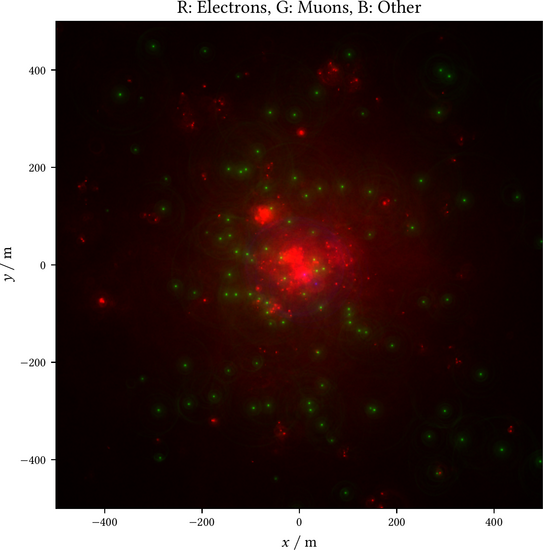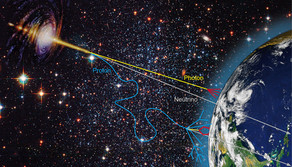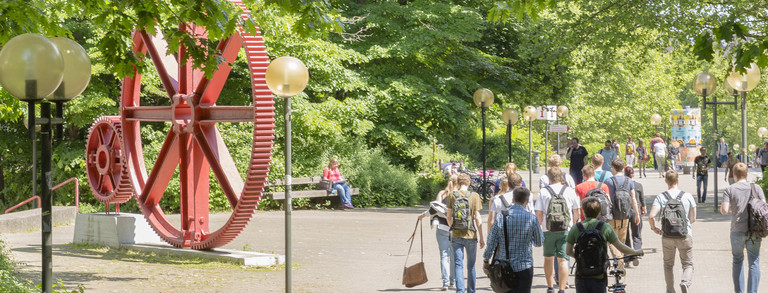Particle Interaction and Propagation
The Lepton Propagator PROPOSAL
PROPOSAL (PRopagator with Optimal Precision and Optimal Speed for All Leptons) is a Monte Carlo simulation library written in C++ with Python bindings. The original design goal was to provide a performant and accurate simulation of high-energy muons traveling long distances through media. This is necessary for large volume detectors such as neutrino telescopes or other subsurface experiments dealing with an atmospheric muon background.
PROPOSAL is currently used for muon propagation and decay and Taus in the IceCube and RNO simulation chain. It is used in the CORSIKA 8 air shower simulation software to calculate the electromagnetic component consisting of electron/positron and high-energy photon propagation.
More information about PROPOSAL can be found on GitHub.

CORSIKA
The software framework CORSIKA (COsmic Ray SImulations for KAscade) was developed for the simulation of complex atmospheric particle cascades induced by cosmic rays up to the highest energies. Due to the complexity of the simulation with tens of thousands of particles and billions of photons, the computation time for a single cascade can be up to several hours or even days. With several million cumulative CPU hours per year, even small improvements can significantly reduce costs and enable better or new simulations.
While the long-standing and successful CORSIKA7 is technically aging, work is currently underway on a completely renewed CORSIKA8. This version will be written in C++ and will use state-of-the-art technical methods such as Python bindings and high parallel execution. We are working on CORSIKA in Dortmund in the course of the Collaborative Research Center SFB876 (Provision of Information by Resource Constrained Data Analysis) with different methods to reduce time and energy consumption.

![[Translate to English:] [Translate to English:]](/storages/app-physik/_processed_/3/a/csm_APPGroupphoto2023_001_small_858e4405eb.jpg)


